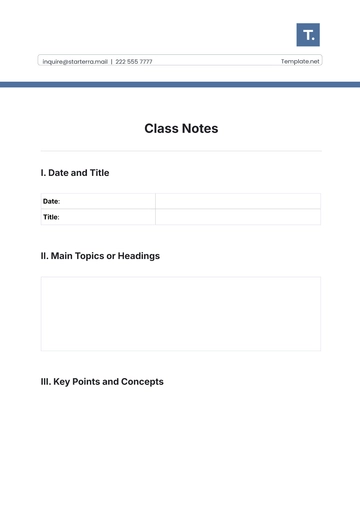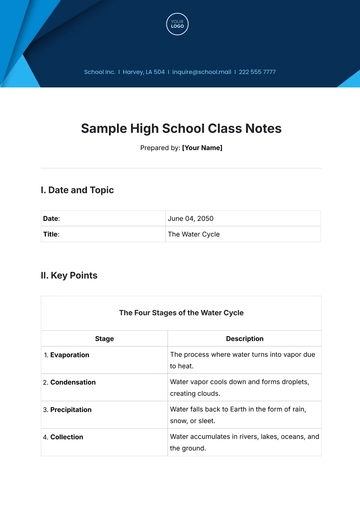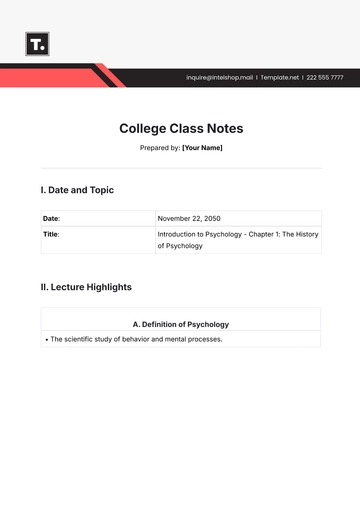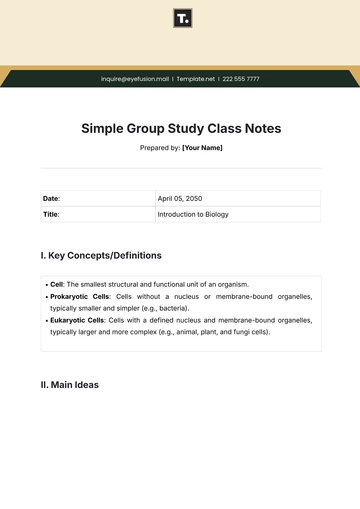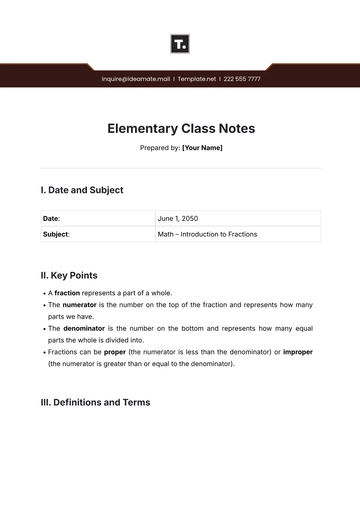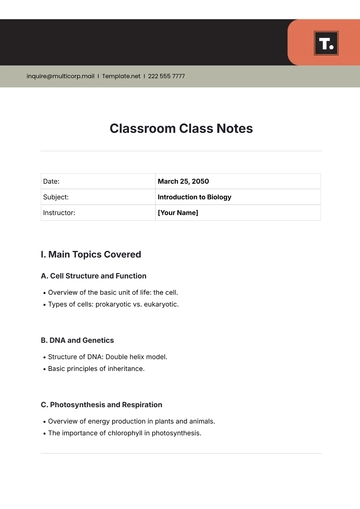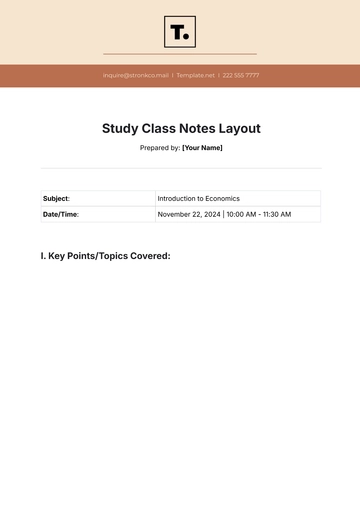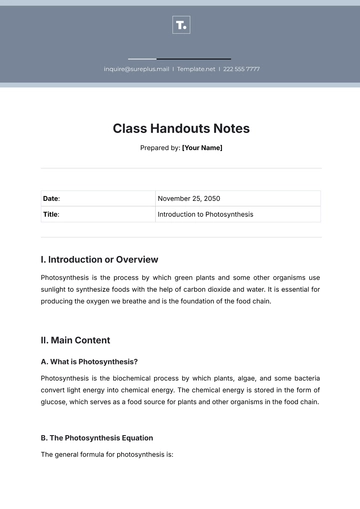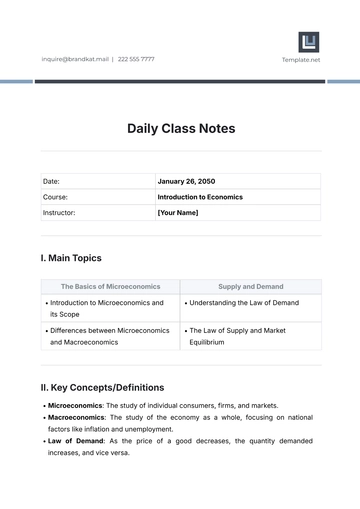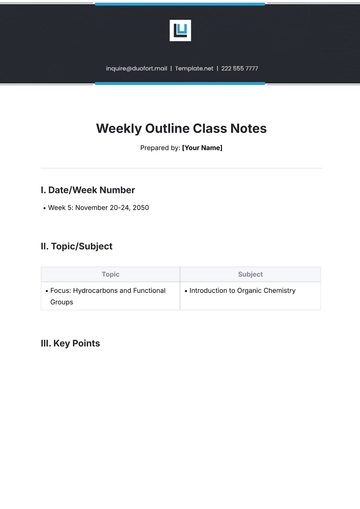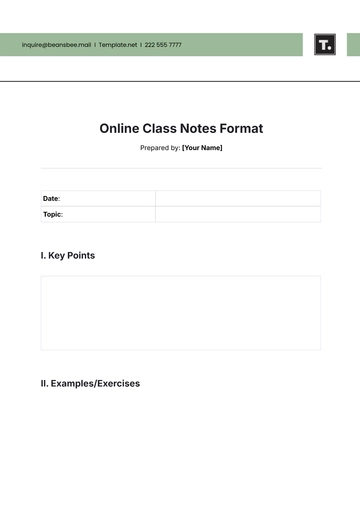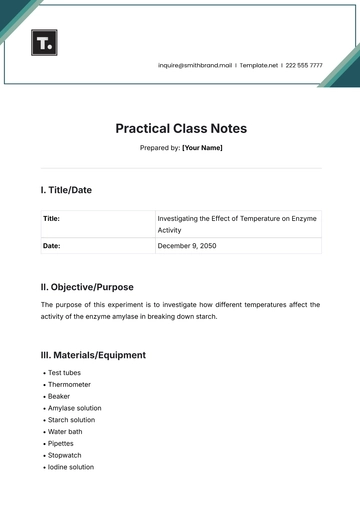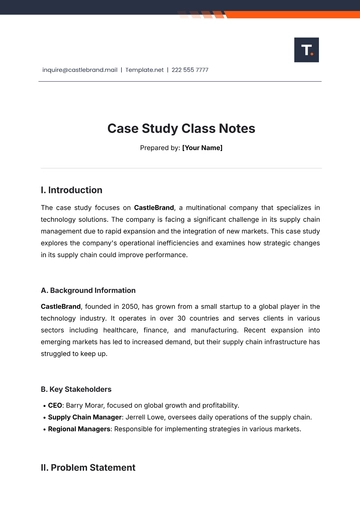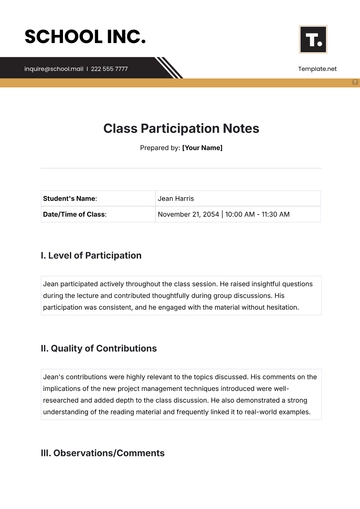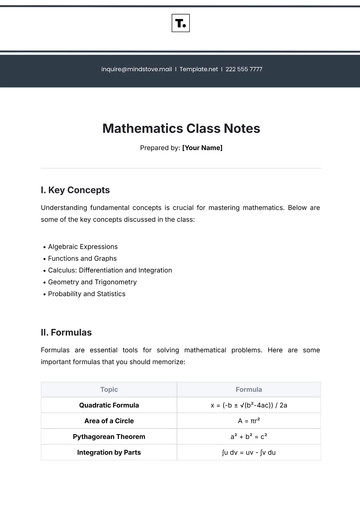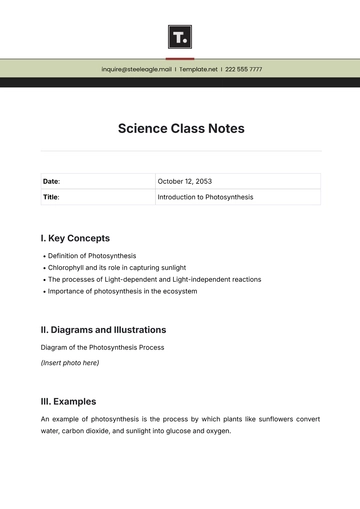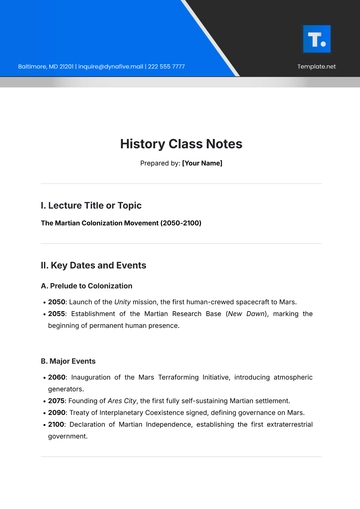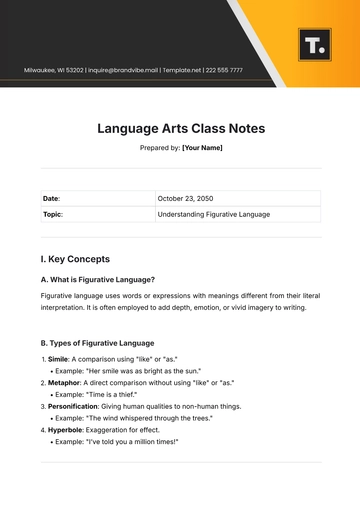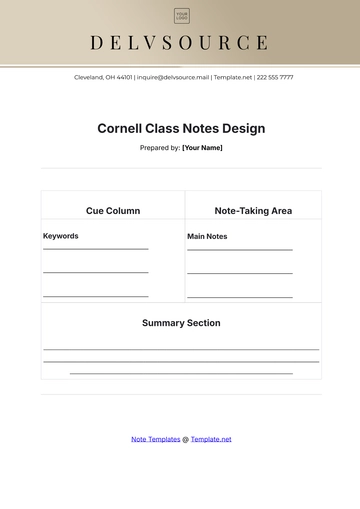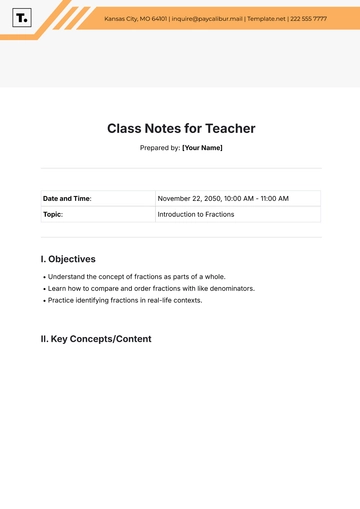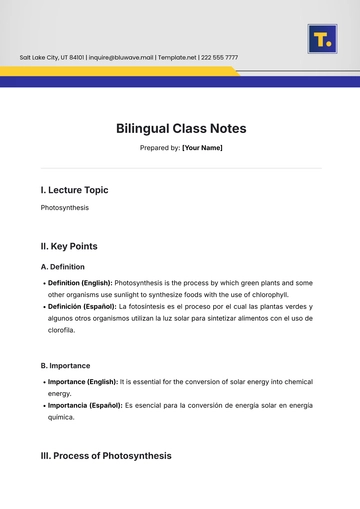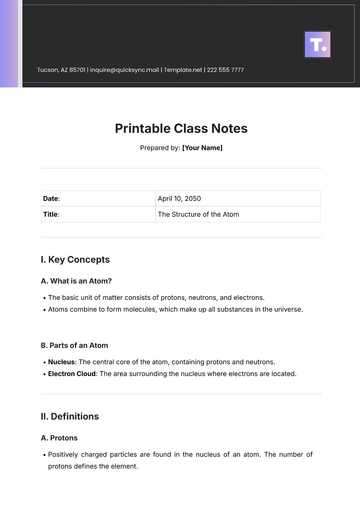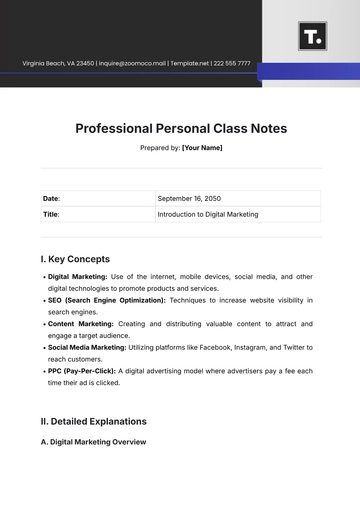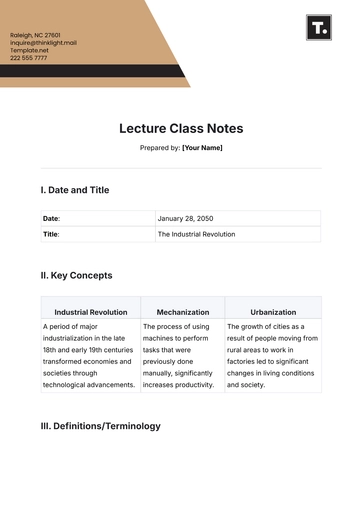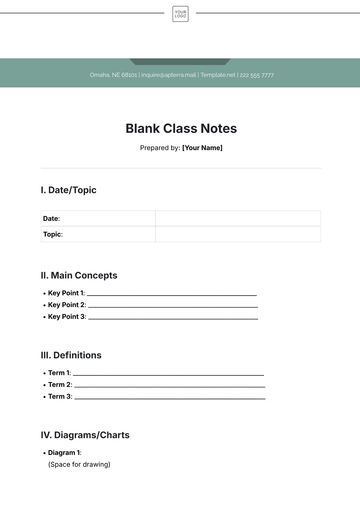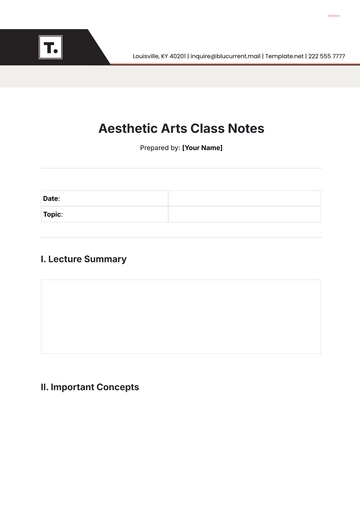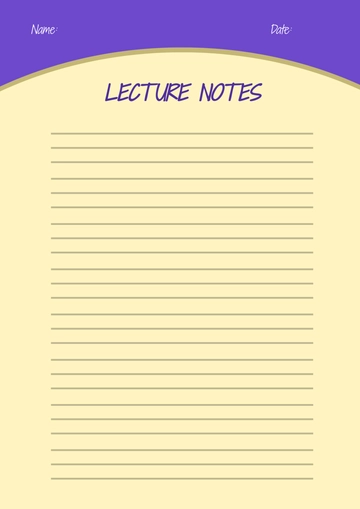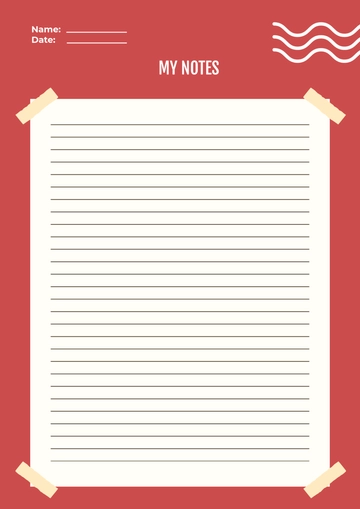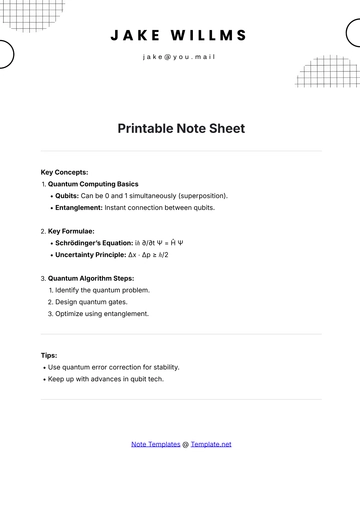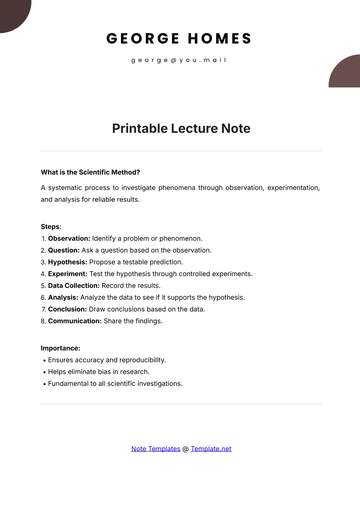Free Medical Student Note
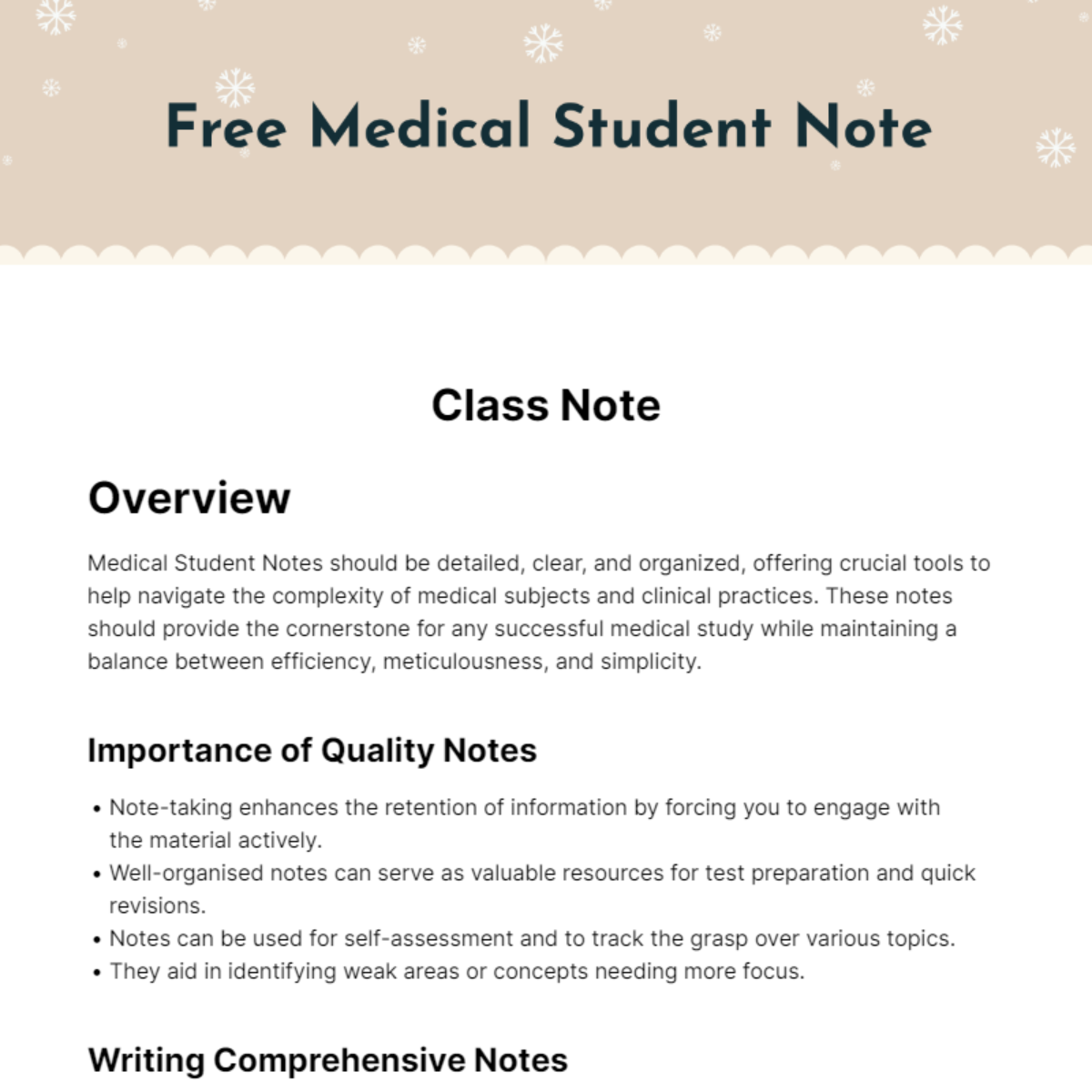
Overview
Medical Student Notes should be detailed, clear, and organized, offering crucial tools to help navigate the complexity of medical subjects and clinical practices. These notes should provide the cornerstone for any successful medical study while maintaining a balance between efficiency, meticulousness, and simplicity.
Importance of Quality Notes
Note-taking enhances the retention of information by forcing you to engage with the material actively.
Well-organised notes can serve as valuable resources for test preparation and quick revisions.
Notes can be used for self-assessment and to track the grasp over various topics.
They aid in identifying weak areas or concepts needing more focus.
Writing Comprehensive Notes
Organize your notes by topic. This encourages a systematic approach to studying.
Ensure to highlight key terms and concepts. This makes revising quicker and more efficient.
When studying clinical practices, be sure to include diagrams and sketches to aid visual learning.
Make your notes interactive by asking and answering questions within them. This promotes active learning.
Regular Review of Notes
Review your notes regularly. This reinforces memory and enhances long-term retention.
Updating or rewriting notes encourages engagement and facilitates better comprehension.
Try teaching the content of your notes to others. This can unveil gaps in understanding.
Include practice problems and clinical case studies in your review process.
Improvement and Feedback
Continually work on improving your note-taking skills. Adapt new methods if necessary.
Peer-review or group study can serve as an excellent feedback mechanism.
Utilize tutors, faculty or online resources for clarifying doubts and enhancing understanding.
Maintain a balanced study routine incorporating all aspects of the medical curriculum.
Summary
Mastering complex medical subjects and clinical practices is a daunting task for many students. Quality notes that are detailed, clear and organized act as a key resource in this process. They not only enhance retention but also provide material for self-assessment and revisions. Building comprehensive notes and regular review can considerably improve the grasp over medical topics. Continual improvement based on feedback and balanced study routines are pivotal in successful medical learning.
Critical Questions
What are the two most effective note-taking strategies for medical students?
How often should one review their notes for effective comprehension?
What is the role of diagrams and visual aids in note-taking for clinical practices?
What resources can medical students use to clarify doubts and enhance understanding?
- 100% Customizable, free editor
- Access 1 Million+ Templates, photo’s & graphics
- Download or share as a template
- Click and replace photos, graphics, text, backgrounds
- Resize, crop, AI write & more
- Access advanced editor
"Template.net presents the Medical Student Note, a customizable and editable resource designed to enhance your medical studies. Crafted for compatibility with our AI Editor Tool, it allows medical students to efficiently organize complex medical information, ensuring a streamlined learning process and better comprehension of intricate subjects."
You may also like
- Delivery Note
- Notes Release
- Concept Note
- Class Note
- Hospital Note
- Apology Note
- Credit Note
- Handover Note
- Personal Note
- Excuse Note
- Case Note
- Sample Doctor Note
- Lesson Note
- Appointment Note
- Piano Note
- School Note
- Progress Note
- Business Note
- SOAP Note Templates
- Therapy Note
- Briefing Note
- Summary Note
- Sample Note
- Printable Note
